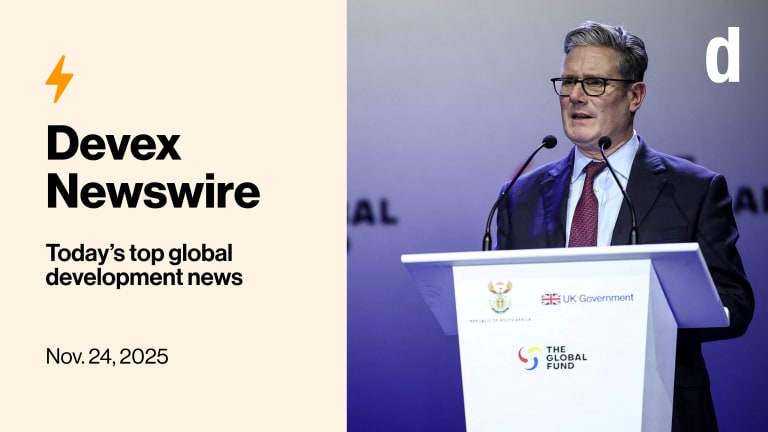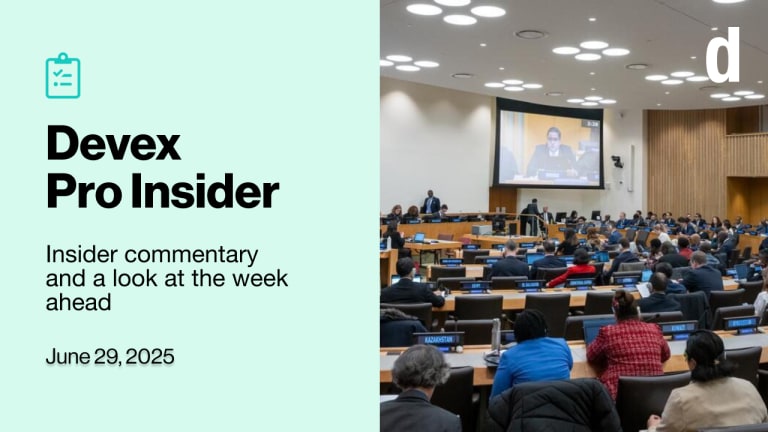USAID’s community care program in Cabo Delgado, the northernmost province of Mozambique. Photo by: USAID Mozambique / CC BY-NC
After three decades of civil unrest, violence and economic difficulties, Mozambique finally gained stability in 1992, when a peace accord was signed between the ruling party’s Mozambique Liberation Front, or Frelimo, and the opposition movement Mozambican National Resistance, or Renamo.
But even as the sub-Saharan African country experienced strong macroeconomic growth in the years since, human development remained sorely lagging. Mozambique has consistently placed near the bottom of the U.N. Development Program’s Human Development Index. In the latest assessment, Maputo ranked 185th out of 187 countries.
This story is forDevex Promembers
Unlock this story now with a 15-day free trial of Devex Pro.
With a Devex Pro subscription you'll get access to deeper analysis and exclusive insights from our reporters and analysts.
Start my free trialRequest a group subscription







